Valedictorian diaries: O’Rianna Yew Jing Qing, Data Science and Economics
July 11, 2025

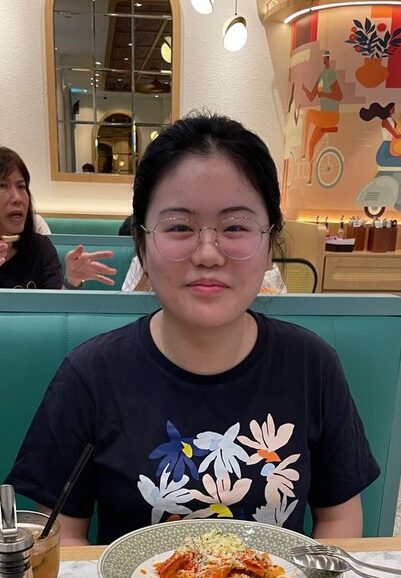
O’Rianna Yew Jing Qing
Inaugural cohort of Data Science and Economics Cross-Disciplinary Programme
When O’Rianna Yew Jing Qing first stepped into the College of Humanities and Sciences (CHS), she was not chasing titles or top grades. Indeed, she did not even fully understand what “data science” or “economics” truly entailed - only that she was curious about how the world worked.
“I just knew I wanted to understand the financial world more deeply,” she says. “Why do markets behave the way they do? Why are some policies effective while others fail? I was drawn to the systems behind decisions; how data, markets and finance all connect.”
It was truly a leap of faith for O’Rianna to become part of the inaugural batch of the Data Science and Economics (DSE) Cross Disciplinary Programme at NUS. The programme was rigorous, untested and required students to think across disciplines. “It felt like this programme opened in my year for a reason - like it was waiting for me to take a risk and grow through it,” she said.
Her four years reflect exactly that choice. Though she graduates with Honours (Highest Distinction), her journey was not defined by ease or linear progress. It was built on long hours, quiet persistence and a deep determination to grow, especially when the going was uncertain or difficult.
“My journey was never about being the best or comparing myself to others,” she says. “It was about being proud of the work I put in and knowing I gave my best, even when no one was watching.”
Translating academics into real-world relevance
O’Rianna’s academic interests extended far beyond the classroom. From her early courses in Financial Economics and Game Theory to FinTech and Machine Learning, she was fascinated not just by abstract models, but by how they play out in real-world settings.
“Real-world decisions don’t exist in clean equations,” she said. “It was important to apply my skills in practical settings to understand how data and theory could drive actual outcomes.”
She brought this mindset into three rigorous summer internships, each of which pushed her thinking and resilience in new directions.
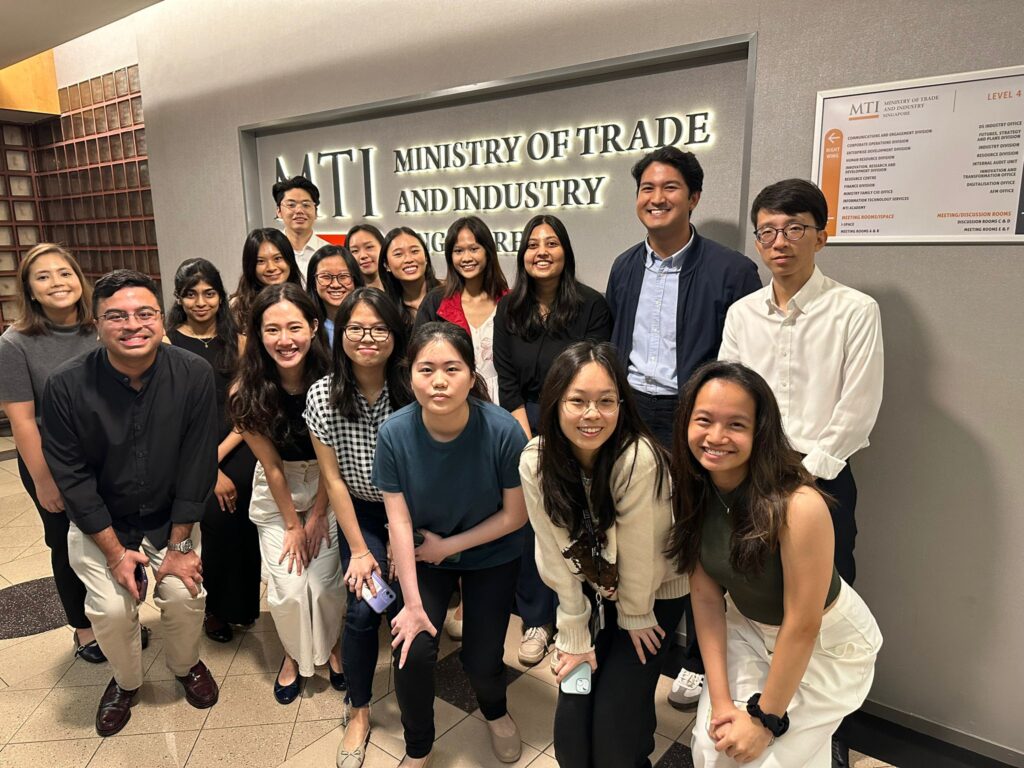
At the Ministry of Trade and Industry (MTI), she played a key role in developing a global trade strategy dashboard. Working under pressure and tight deadlines, she presented her recommendations to senior leadership – a rare achievement (and a standout moment) for an undergraduate intern. Her supervisor commended her “exceptional analytical skills and ability to perform under pressure”, noting these “qualities (are) essential in any data-driven and high-stakes environment.”
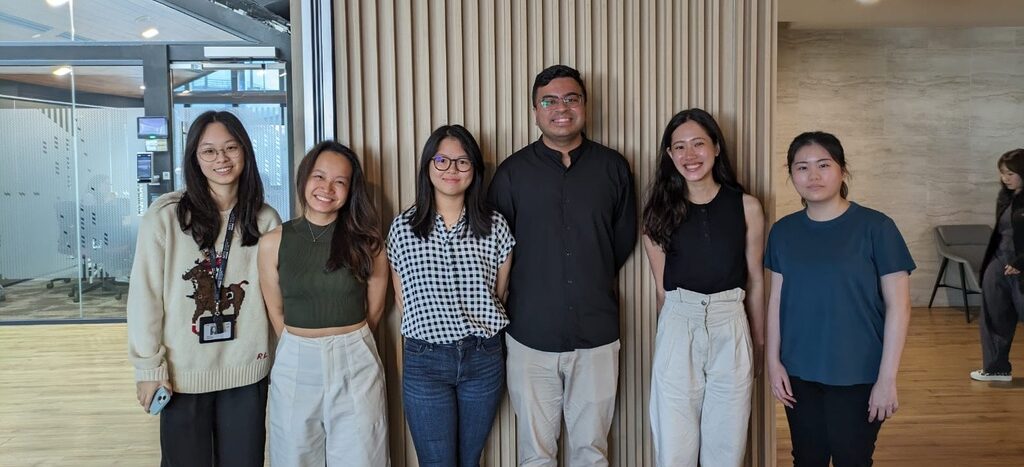
She further developed her research and writing skills at the Institute of Policy Studies (IPS), under the Lee Kuan Yew School of Public Policy. There, she contributed to a variety of academic outputs - from policy report literature reviews to editing survey instruments and managing large datasets. Despite having no prior exposure to bibliometric platforms, she taught herself the tools needed and completed her work ahead of time. Her mentor described her as “one of our most outstanding interns,” citing her “intellectual independence” and “consistently high-quality outputs.”
“I struggled at the start of every role,” she says. “There were concepts I didn’t fully understand, new tools I had never used. But I learned that the scariest part isn’t not knowing. It’s letting that fear stop you. I’ve come to believe in starting before I’m ready and trusting that I’ll figure it out along the way.”
Research that asks bigger questions
In her final year, O’Rianna brought her learning to new heights through a capstone project that blended economics with machine learning. Using instrumental forests, a cutting-edge method in causal inference, she investigated how having a third child affected a mother’s labour market outcomes. Building on the foundational work by Angrist, she extended the analysis with modern tools to uncover heterogeneous treatment effects, a step beyond traditional models.
“It was one of the most difficult, but most rewarding projects I completed in my four years,” she says. “Research always begins in ambiguity. You push forward not because you’re certain, but because you’re searching for clarity.”
The process taught her that research is not about proving a hypothesis; it is about remaining intellectually honest, even when the data challenged her assumptions. That mindset of rigour extended far beyond the classroom.
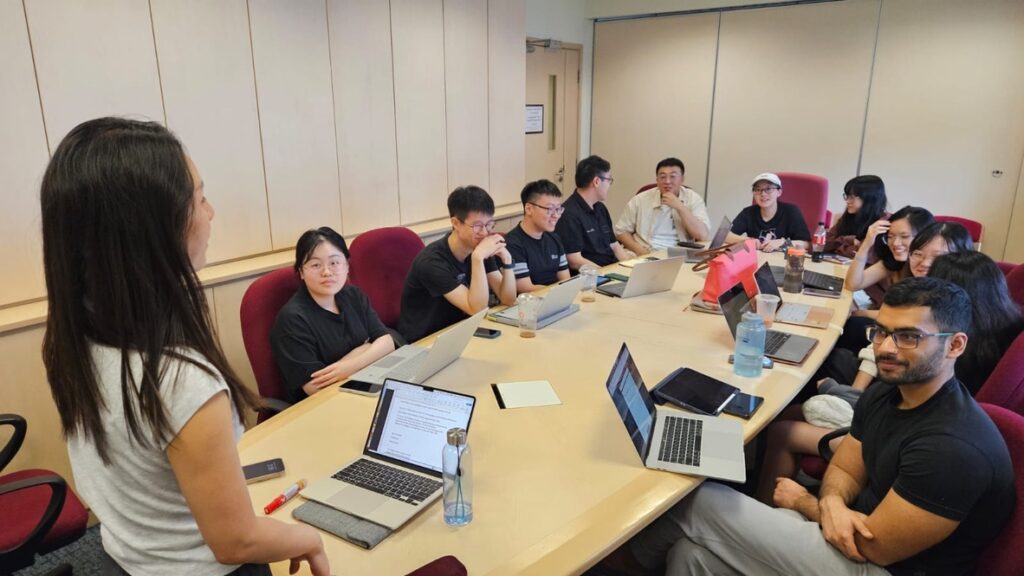
She brought the same spirit to the global stage when she represented NUS at the University of Chicago Econometrics Game. Competing against top teams from Harvard, Duke, and beyond, her team placed among the top 10 worldwide.
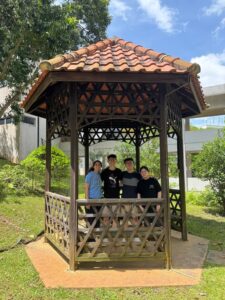
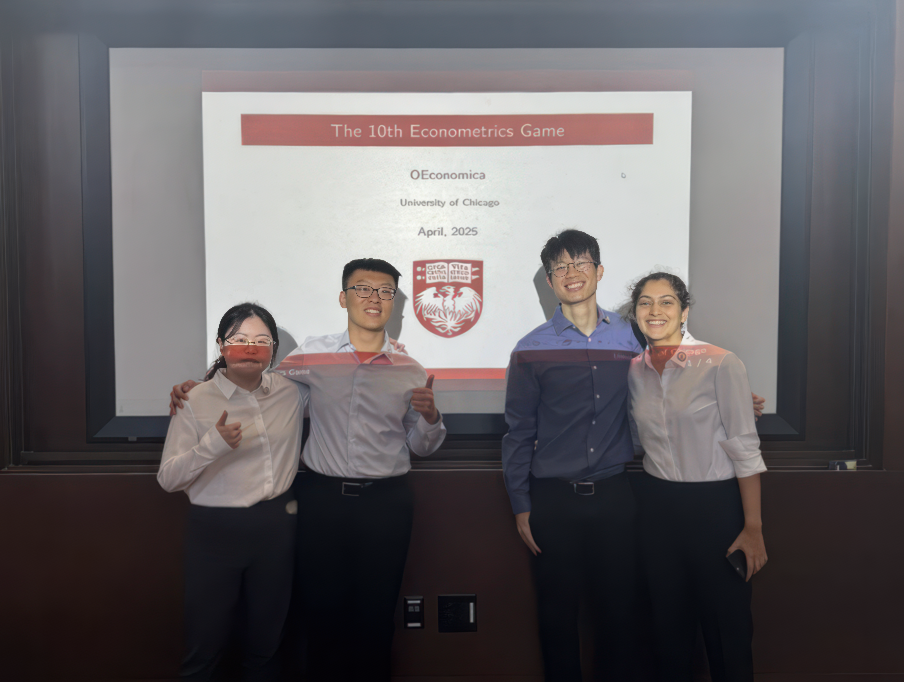
“The competition taught me I should never complain about difficulty,” she said. “It humbled me. I used to be thrown off when professors interrupted presentations mid-way, but overseas, it’s the norm. I realised I’d been too protected. I had to be ready for anything – sharp questions, high stakes, no excuses.”
This experience marked a shift in her mindset. Difficulty was not something to fear; it was something to be expected and conquered.
One conversation, in particular, stayed with her: “When something goes wrong, it doesn’t mean you’ve hit the bottom. It means you’re descending one mountain to ascend another.” She came to see every obstacle as part of the climb, and believed that patience, relentless effort, and a refusal to give in to self-doubt were what kept her moving.
Looking ahead
This September, O’Rianna will begin her MSc in Finance and Private Equity at the London School of Economics and Political Science (LSE), where she plans to deepen her understanding of global markets and alternative investments. With a long-term goal of building a career in finance, she is eager to apply her interdisciplinary foundation to real-world capital allocation and portfolio decision-making.
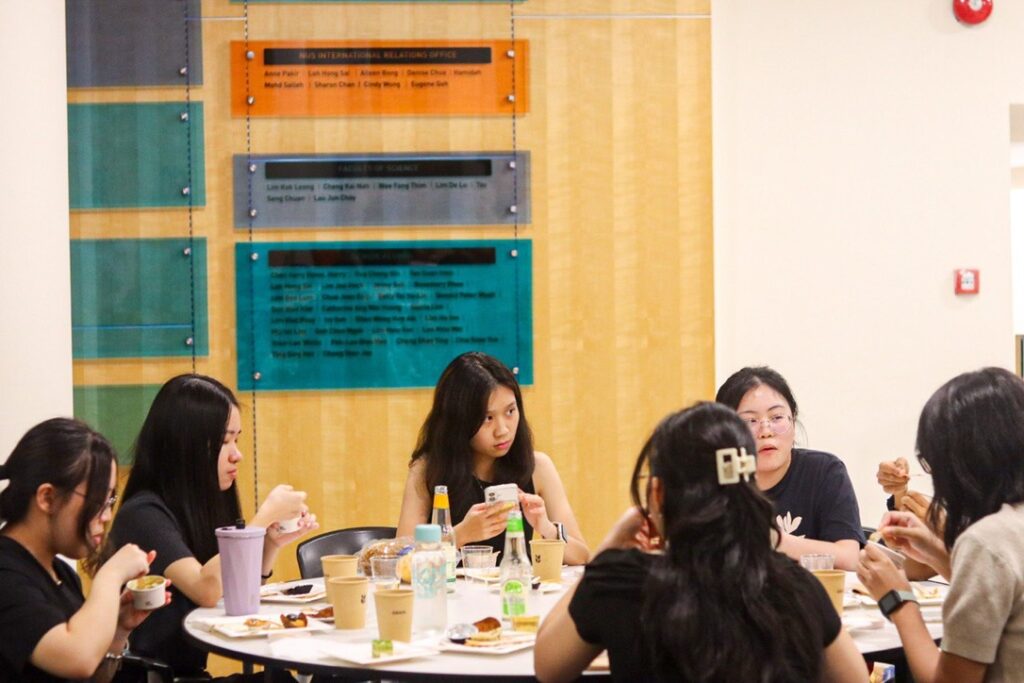
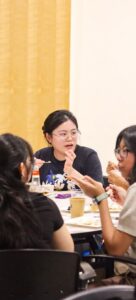
As she leaves NUS, her message to future students is simple: “Start even before you’re ready. Stay long enough to grow. Try hard enough to have no regrets. And when you look back, be proud of who you became along the way.”
Contributed by O’Rianna Yew Jing Qing

